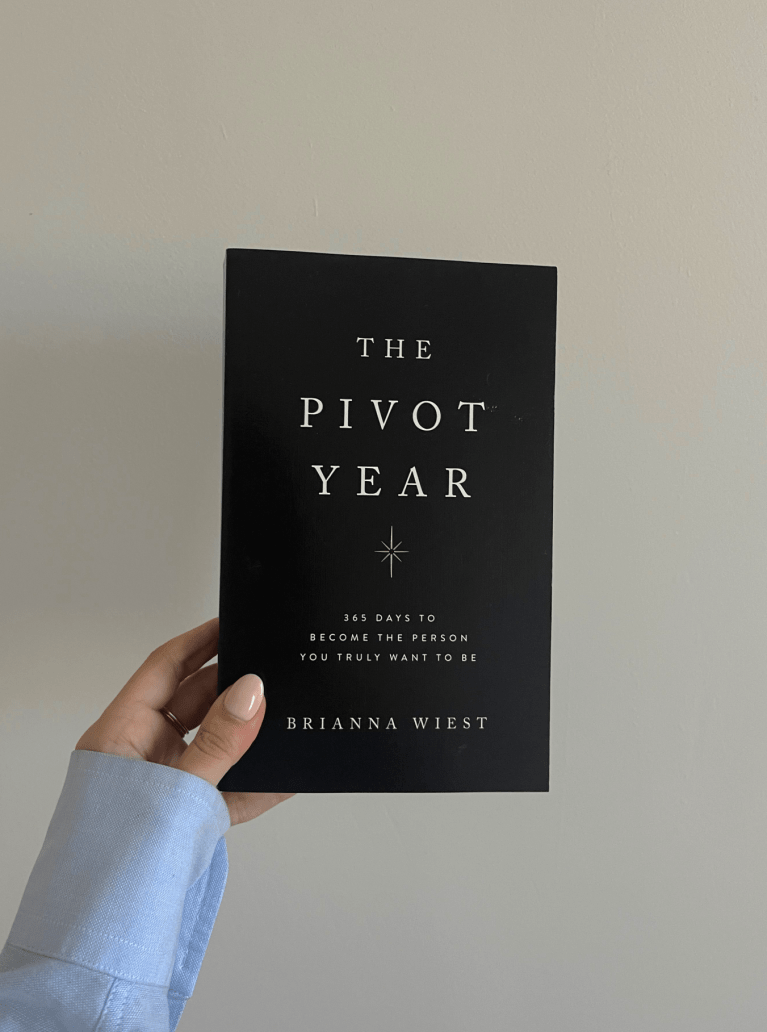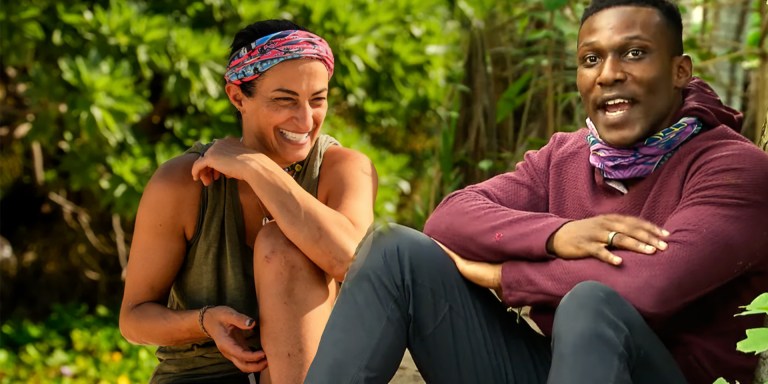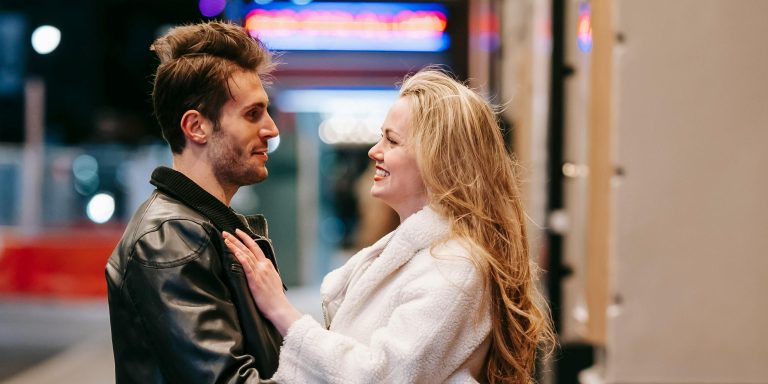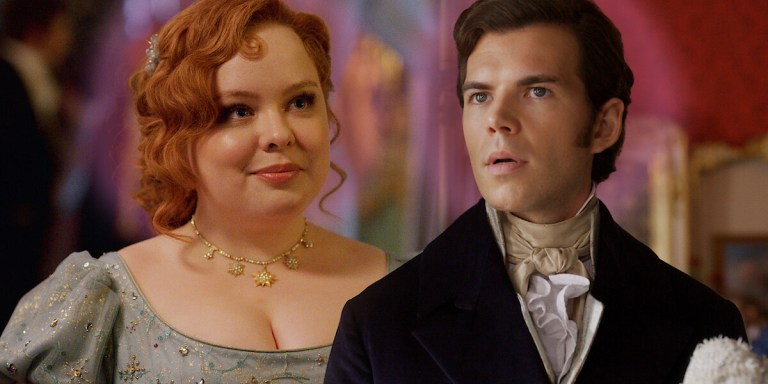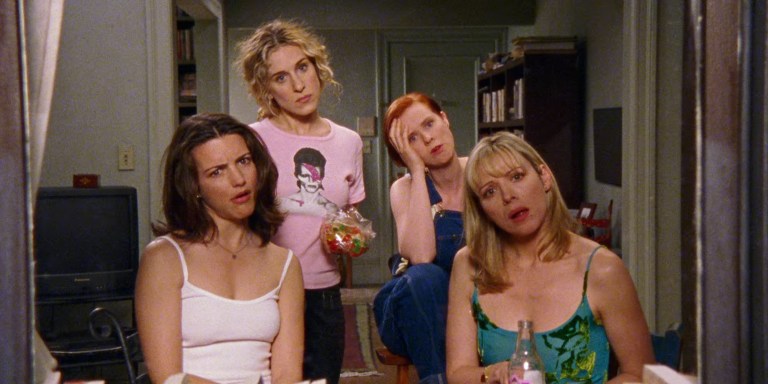All things are good.
All things are ultimately designed to serve us. All things are good.
I know what you’re thinking. What the hell? That sounds like just another nonsensical platitude that you’re trying to pass off as a truth that cannot possibly be true.
But what is it that makes something “bad?” It’s what we’ve decided (or have been conditioned) to believe “isn’t right.” What makes a feeling “bad?” We have lots of feelings, why are some good and some bad? Some show us that we’re on the right path, and some show us how and when and where we need to redirect. How is the former better than the latter? Isn’t the latter actually more important?
Bad feelings become bad when we fight them.
When instead of listening to ourselves, instead of permitting whatever feelings are going to transpire, even if they aren’t necessarily comfortable, we fight them — the things that are meant to serve us and show us the parts of ourselves that need to be healed or the places in our paths where we need to take a turn, become “bad.”
In the grand scheme of it all: good and bad are value assignments, and they’re subjective. To a person, to a family, to a culture, to a country, to a nation, to a race, etc. What’s right to one is wrong to another; what’s good for someone is tragic for someone else. History isn’t taught the same way in classrooms around the world. The second you realize you can define what “good” is in your life, the second you can start to free yourself. Because everything — even the hardest things to get over — can be good, if we choose to see why they’re present, what they need to show us.
It’s a rare thing to love somebody unconditionally. The very basis of love is finding someone who fills a set of preconceived conditions. When the object of our affection doesn’t abide by them as we once thought they would, our feelings begin to falter. That’s why the deepest relationships become the hardest — someone fills an idea of what you wanted and needed, and then as soon as they don’t, you’re absolutely taken aback. You aren’t doing what I think you are supposed to be doing, therefore, how could you do this to me?!
This isn’t actually loving someone. And the key to getting over that kind of half-assed love is realizing that much of what we fight and fall apart over isn’t a matter of whether or not we love someone as a being, as a person, as a presence in our lives — but how much we do or don’t approve of what they do for us.
We’re finicky that way. We say we want unconditional love and happiness, but we don’t behave as though we do. We want love and happiness when we get someone or something. Why? Because it puts the responsibility of choosing happiness, working on it, and toward it, on something else.
The first step in regaining your locus of control, your embodiment of self, is to permit all things. Allow the love, allow the loss, allow the ebb and flow. Don’t harbor intention; just be. How quickly do even our deepest troubles fade away when we center ourselves on this?
In the Tao, it says that softness is the equivalent of life. Bodies stiffen in death. Trees that harden are cut down. Therefore, hardness is death and softness is life.
When our hearts harden, when parts of us are blocked and filled with unfiltered emotions, we’re forced to break them. The trees are chopped, the bodies decay. Hardness can only exist for a time.
The brain has a mechanism where it focuses on the most severe pain and blocks out all the others. It focuses on the hardest part, and forces us to face it. Even though it feels like we’re dulling all the other pains by focusing and concentrating on one: we’re not. We’re just furthering ourselves on the path of openness.
I once had an ex who said to me: “I have no intentions with you.” And I freaked out. What the hell do you mean you have no intentions? You don’t care if you’re with me or not? You don’t want to further our relationship?
What I didn’t realize then was that he was loving me more than anybody else — because he loved me no matter what transpired. And he was ensuring that he loved me unconditionally because he was renouncing his conditions.
And harboring no intentions, placing no expectations, allowing all things to be without assigning good or bad value to them, is the only way you can have any shot at actually loving someone.
Even in the final acts of coming to terms with the parts of us that are broken open to heal and go back to softness, we try to take a self-involved control. We say we have to “let go” as though we’re choosing to reject someone or something, even though we’re the ones who have already been rejected.
But you can accept the things you don’t like. The uncomfortable aspects of life can still be good. You can dislike them and choose not to fight them. You can let the things that hurt you show you the places you need to be softer and more open and more accepting or ultimately move or change or alter your experience.
There is no such thing as letting go, there’s just accepting what’s already gone. There’s losing ourselves in the labyrinth of the illusion of control and finding joy in the chaos, even when it’s uncomfortable. It’s not forever. It only remains as long as we hold on. As long as we fight. As long as we control. As long as we don’t accept what’s already gone. ![]()


